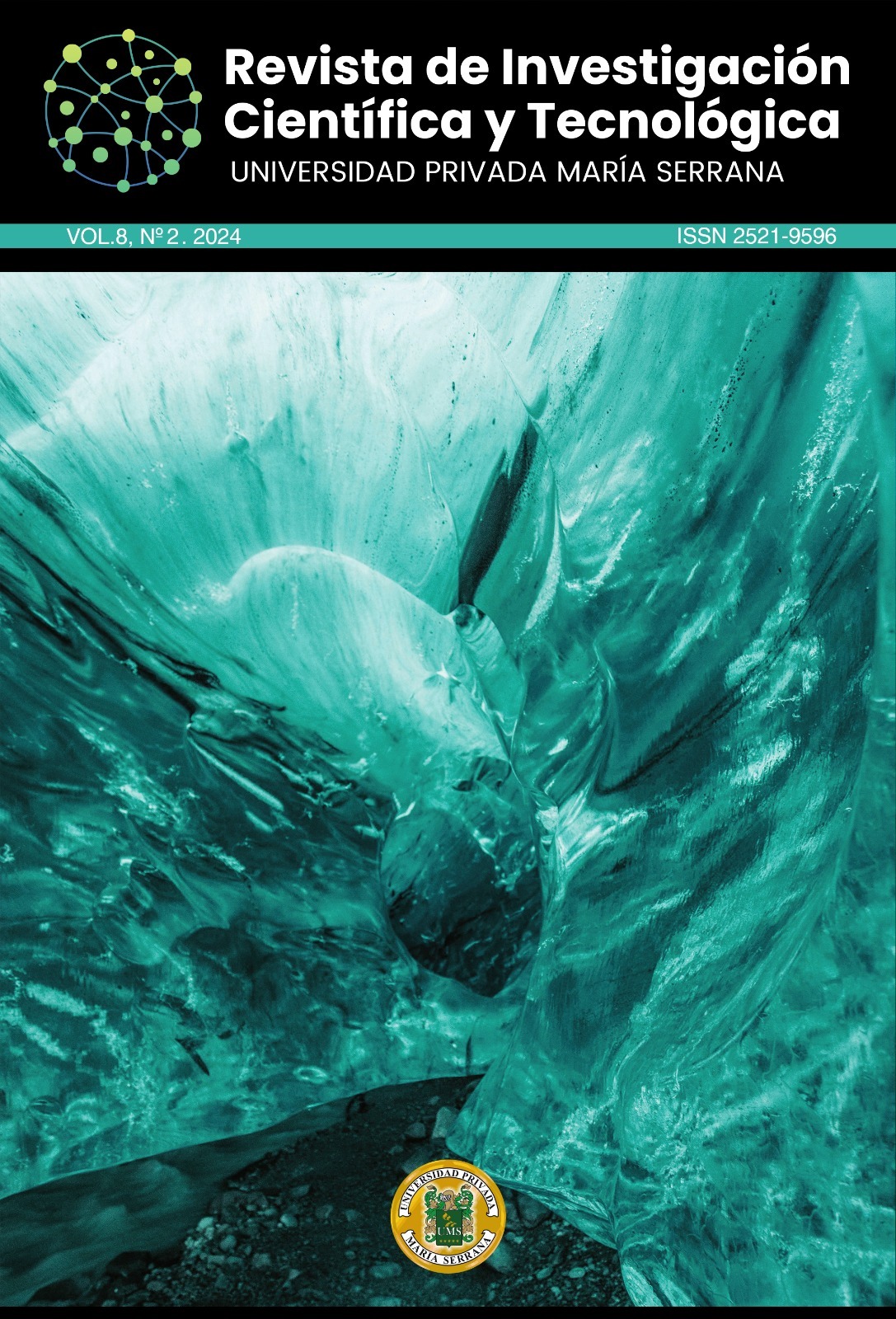Resumen
La inteligencia artificial (IA) ha emergido como una fuerza transformadora en diversos campos profesionales y la contabilidad no es una excepción. Estos avances están cambiando el paradigma tradicional del contador, llevando a una reconfiguración de su rol en las organizaciones. El objetivo es evaluar las implicaciones de la implementación de la IA en la transformación y los retos de la profesión contable. Se basó en un enfoque cuantitativo, no experimental, transversal y descriptivo. Se encuestó a 38 participantes mediante un cuestionario compuesto por 12 preguntas con respuestas dicotómicas por juicio vía online en los meses de marzo/2023 a mayo/2024. Los criterios de inclusión fueron: profesionales del área de contabilidad/auditoría, con conocimientos en la integración de tecnologías avanzadas, prácticas contables mediante la IA y participación voluntaria. Los aspectos éticos como el consentimiento informado, privacidad y confidencialidad de los datos fueron tomados en cuenta. Los resultados más relevantes fueron: 78.9% considera que la IA tiene un impacto significativo en las actividades relacionadas con la carrera del contador; 81.6% no cree que la profesión de contador desaparecerá en el mediano y largo plazo; 47.4% de los encuestados está familiarizado con la IA; 81.6% utiliza herramientas de IA en su profesión; y 65.8% no cree que las actividades del contador en materia impositiva disminuirán en el mediano plazo. Se concluye que la implementación de la IA en la contabilidad tiene el potencial de transformar significativamente la profesión, mejorando la eficiencia y precisión de las tareas contables y de auditoría, y que la formación continua y la actualización de habilidades serán claves para que los profesionales contables puedan aprovechar plenamente las oportunidades que ofrece la IA.
Referencias
Abad Alcalá, L. (2023). Transparencia y rendición de cuentas ante la crisis de legitimidad del Estado democrático. Revista Española de la Transparencia, (16), 145-172. https://doi.org/10.51915/ret.256
Boden, M. A. (2016). Inteligencia Artificial. Turner Publicaciones S.L.
Espitia Melo, N. C. (2022). Desafíos en la profesión contable frente a la inteligencia artificial. [Tesis de grado]. Universidad Cooperativa de Colombia. https://repository.ucc.edu.co/server/api/core/bitstreams/533e8e61-8cae-4c65-8f4e-da9664a0cb65/content
Jiménez Soto, É. del C. (2017). La afectación del principio de transparencia por la indebida aplicación del mecanismo de rendición de cuentas. [Tesis de maestría]. Universidad Andina Simón Bolívar. https://repositorio.uasb.edu.ec/bitstream/10644/5547/1/T2129-MDA-Jimenez-La%20afecta-cion.pdf
Kwan Chung, C. K., Thom Vargas, J. B., Marecos Vera, A. M., Ferreira Encina, C. N., Cazal Irala, Y. D., Días Rodas, L. M. D. J., & Ibarra de Ramírez, M. R. (2023). Adaptación del Contador Público en la Era Digital. Revista Científica Multidisciplinar, 3(1). https://www.revistas.uninter.edu.py/index.php/multidisciplinar/article/view/23
Moreno, J., & Balcázar, J. L. (2023). Definiciones y enfoques de la inteligencia artificial. En F. González & J. Martínez (Eds.), Inteligencia Artificial y su Aplicación en la Economía. Technocio.
Restrepo Hincapié, D. S. (2022). El papel del profesional contable en la industria 4.0. Revista Visión Contable, (24). https://doi.org/10.24142/rvc.n24a5
Ugalde, A. (2002). Participación social: retórica y realidad en la reforma de los sistemas de salud. Boletín de la Oficina Sanitaria Panamericana, 132(3), 215-227.
Valenzuela Quiñonez, J. G., Sánchez Martínez, M., & Villalba Chamorro, A. A. (2024). Desafíos del Contador Público Nacional en Paraguay Frente a la Cuarta Revolución Industrial. Ciencia Latina Revista Científica Multidisciplinar, 8(2), 7957-7977. https://doi.org/10.37811/cl_rcm.v8i2.11237
Verdegay, J. L., Lamata, M. T, Pelta, D., y Cruz, C. (2021). Inteligencia artificial y problemas de decisión: la necesidad de un contexto ético. Suma de Negocios, 12(27) 104-1

Esta obra está bajo una licencia internacional Creative Commons Atribución 4.0.






